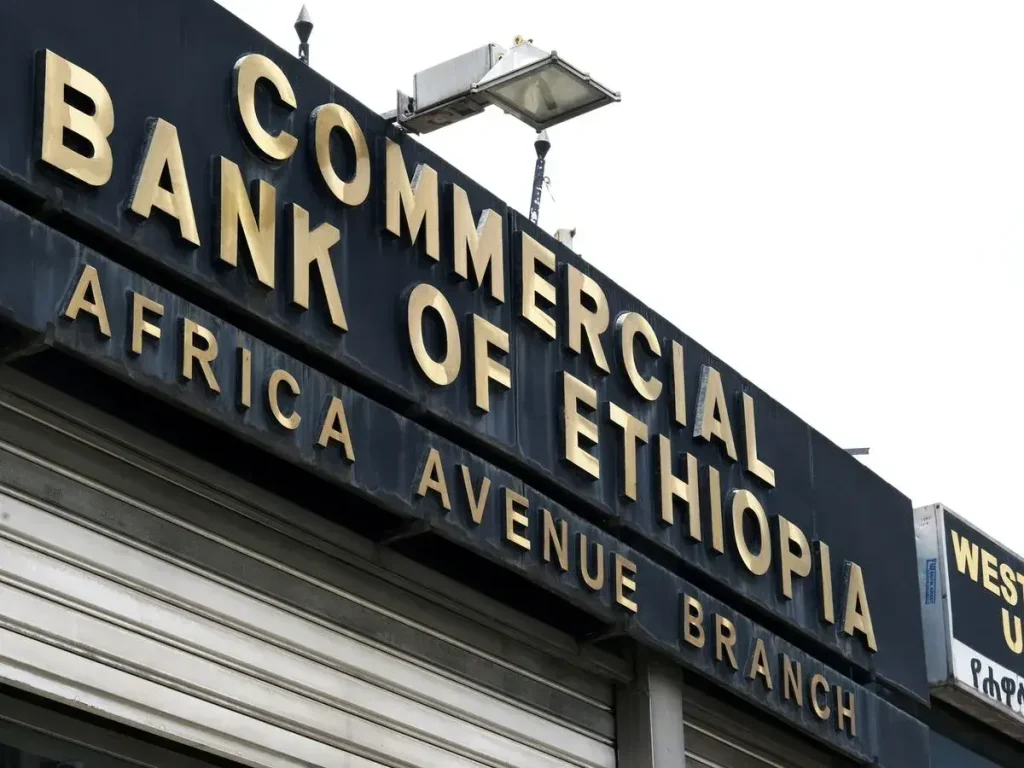Ethiopia has launched a significant economic reform by opening its export, import, wholesale, and retail trade sectors to foreign investors, marking a turning point in the country’s traditionally cautious approach to foreign economic participation.
The announcement comes with the release of Directive No. 1082/2025, issued by the Ethiopian Investment Board, which removes previous restrictions that reserved major trade activities for domestic actors. The directive aims to boost competition, improve service delivery, and attract international capital to fuel Ethiopia’s structural and macroeconomic reforms.
Key Changes: Export and Import Now Open
Under the new rules, foreign investors are permitted to participate freely in the export of key Ethiopian commodities including coffee, oilseeds, livestock, hides and skins, forest products, and khat—sectors that have long been central to the country’s trade economy.
For import trade, nearly all goods—excluding sensitive items such as fertilizers and petroleum—are now open to international investors, provided they comply with integrity and financial transparency requirements.
Wholesale and Retail Sectors Liberalized
The wholesale trade sector, once largely protected, will now allow foreign entities to distribute both imported and locally manufactured products. The more tightly regulated retail trade sector is also opening up, with a minimum investment requirement of $2.5 million. However, single-brand retailers may be considered for market entry under flexible criteria.
Oversight and Institutional Safeguards
To prevent market manipulation and ensure fair implementation, the government has created a Joint Regulatory Committee involving the Ethiopian Investment Commission, the Ministry of Trade, and other key agencies. This body will monitor market activities, enforce accountability, and evaluate the directive’s long-term outcomes.
Balancing Openness and Protection
Government officials frame the directive as a controlled opening—meant to attract high-quality investment without undermining local interests. While the policy is expected to strengthen Ethiopia’s position as an investment destination in Africa, some domestic businesses express concern over foreign competition.
“This reform is not about abandoning local entrepreneurs,” said a senior government advisor. “It’s about bringing in the expertise and capital needed to modernize Ethiopia’s trade sector—while still protecting national priorities.”
As Ethiopia grapples with inflation and debt, this move signals a shift towards more integrated global economic engagement. Success will depend on fair regulation, inclusive benefits, and Ethiopia’s ability to leverage foreign investment for sustainable development.



